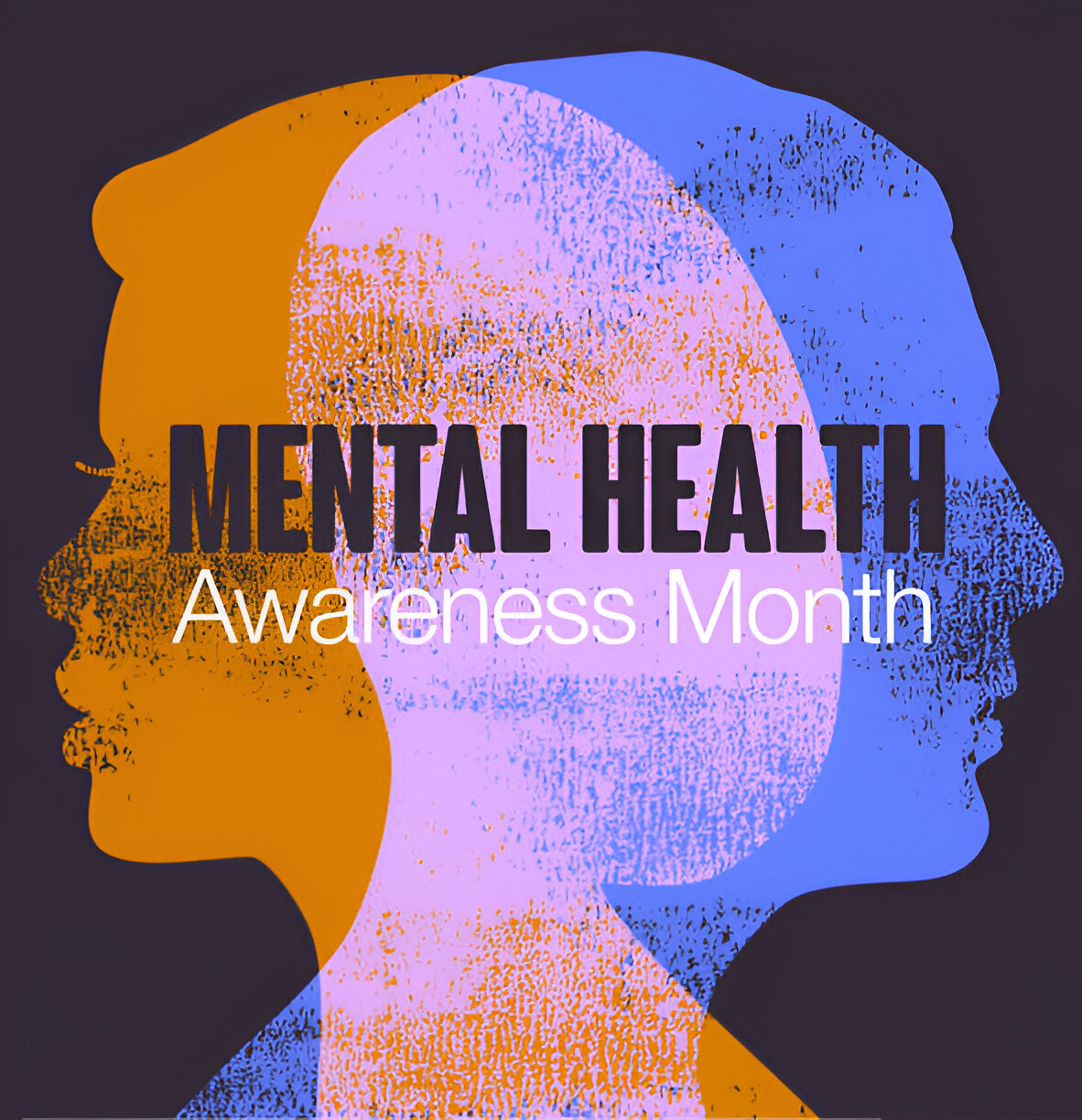
Mental Health Awareness
Mental Health Awareness: Breaking Stigmas and Fostering Well-Being
In recent years, mental health awareness has emerged as a crucial topic in society, helping to destigmatize mental illness and promote overall well-being. As we navigate the complexities of modern life, understanding and prioritizing mental health is more important than ever. Here’s how we can raise awareness, support ourselves and others, and foster a culture of acceptance and understanding.
1. Understanding Mental Health
Mental health encompasses our emotional, psychological, and social well-being. It affects how we think, feel, and act, playing a critical role in how we handle stress, relate to others, and make choices. Recognizing that mental health is just as important as physical health is vital in creating a supportive environment.
2. The Importance of Awareness
Breaking the Stigma: One of the biggest barriers to seeking help for mental health issues is the stigma surrounding them. By raising awareness, we can challenge misconceptions and create an environment where individuals feel safe to express their struggles and seek help.
Educating Ourselves: Understanding the signs and symptoms of common mental health conditions, such as anxiety, depression, and PTSD, can help us recognize when someone might need support. Knowledge empowers us to act compassionately and effectively.
3. Strategies for Mental Well-Being
Self-Care Practices: Encourage regular self-care routines that prioritize mental health. This could include mindfulness exercises, yoga, journaling, or simply taking time for hobbies that bring joy.
Physical Activity: Exercise is a proven mood booster. Engaging in regular physical activity can reduce symptoms of anxiety and depression while improving overall mental well-being.
Healthy Relationships: Building and maintaining healthy relationships is essential. Surround yourself with supportive friends and family who foster a positive environment and encourage open communication.
4. Seeking Help
Professional Support: If you or someone you know is struggling with mental health issues, seeking help from a mental health professional is crucial. Therapists, counselors, and support groups can provide valuable resources and coping strategies.
Crisis Resources: It’s important to know that help is available. Many organizations offer hotlines and resources for those in crisis. Familiarizing yourself with these options can be lifesaving.
5. Raising Awareness in the Community
Community Events: Organize or participate in mental health awareness events, such as workshops, seminars, or support groups. These gatherings can create a sense of community and encourage conversations about mental health.
Social Media Advocacy: Use social media platforms to share information, resources, and personal stories about mental health. Engaging in online discussions can help reach a broader audience and promote understanding.
6. Cultivating a Supportive Environment
Promoting Open Conversations: Encourage open discussions about mental health within your community, workplace, and family. Normalizing these conversations can help others feel more comfortable sharing their experiences.
Advocating for Policies: Support policies that prioritize mental health, such as workplace mental health initiatives, school programs, and accessible mental health services. Collective advocacy can lead to systemic changes that benefit everyone.
Conclusion
Mental health awareness is a collective responsibility that requires empathy, understanding, and action. By breaking down stigmas, educating ourselves, and supporting those around us, we can foster a culture that values mental well-being. Remember, mental health is a vital part of our overall health—let’s commit to prioritizing it for ourselves and our communities. Together, we can create a world where everyone feels empowered to seek help and support.